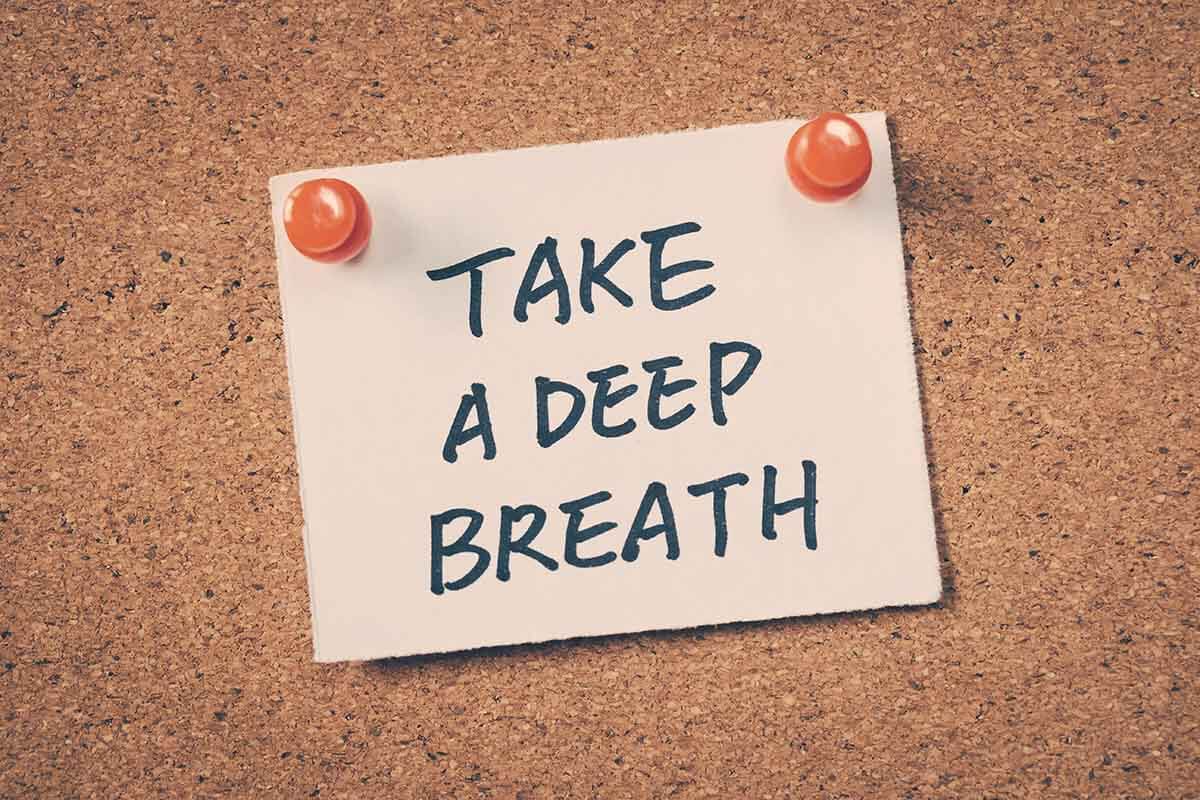The holiday season is most often associated with feelings of warmth, togetherness, and festive cheer. It’s a time anticipated for the joy of sharing gifts, the comfort of family gatherings, and the excitement of year-end celebrations. But beneath the shimmering lights and merriment, some people’s experience of the holidays is far less bright.
For some, the joy of the season gets overshadowed by a weightier sense of obligation that leads to heightened stress and the onset of depression. Combine this with the revelry of the season, social encouragement to indulge, and the desire to relieve stress, and it’s easy for alcohol and drug consumption to escalate to harmful levels.
It’s important to take the time to understand the common causes of holiday depression and arm ourselves with strategies and tools to cope—or, ideally, avoid these feelings altogether.
Causes of Holiday Depression
Ironically, many aspects of the season that are meant to bring joy can be the ones that cast the longest shadows, leading people to feel sad or overwhelmed, as well as physically, mentally, and emotionally exhausted.
Let’s delve into some of the common causes that can dampen the holiday spirit.
Unrealistic expectations. Society often paints an idyllic picture of the holidays that’s hard to live up to. We’re constantly bombarded with messages that the holidays should be a time of joy, family harmony, and generosity, creating a gap between expectation and reality. This disparity can lead to a sense of failure and disappointment if our experience doesn’t match up.
Financial strain. The cost of gifts, decorations, and holiday gatherings adds up quickly. For those who are already managing tight budgets, this can lead to significant financial stress and anxiety, which can be a powerful trigger for depression.
Over-commercialization. The relentless barrage of holiday advertising urging us to buy more and do more can lead to an increase in stress and a decrease in holiday cheer. It’s easy to feel like the authentic meaning of the season is lost to commercial interests.
Causes of Holiday Depression
Family dynamics. While family gatherings can be a source of comfort and joy, they can also be a source of stress and anxiety. The pressure to maintain traditions, the resurgence of old family conflicts, and the challenge of navigating complex relationships can all contribute to holiday depression.
Physical demands. During the holidays, regular routines can get disrupted. There’s a tendency to overindulge in food and drink, while sacrificing sleep and regular exercise. These physical demands can exacerbate feelings of stress and contribute to a decline in mental health.

Seasonal affective disorder (SAD). The winter months bring with them shorter days and less sunlight, which can significantly affect mood. Those with seasonal affective disorder may experience a worsening of their symptoms during this time, making the holidays particularly challenging.
Understanding these triggers is the first step towards managing holiday stress and depression. By acknowledging these potential pitfalls, we can better prepare and arm ourselves with strategies to navigate the season’s challenges.
Coping Skills to Manage Holiday Stress
Navigating the holiday season’s emotional minefield requires a toolkit of coping skills to maintain our mental health and avoid the pitfalls of stress and depression. By adopting certain strategies, we not only survive but thrive during the holidays, even amid the challenges.
Here are some practical steps to consider:

General Holiday Coping Skills
Set realistic goals: Keep your holiday plans achievable and manageable. Remember that it’s better to do less and enjoy it more rather than overcommitting and feeling overwhelmed. Prioritize your tasks and accept that it’s okay not to have everything be perfect.
Budget wisely: Before the holiday rush sets in, plan your budget. Decide how much you can afford to spend on gifts, food, and decorations, and stick to it. This financial discipline can prevent the post-holiday stress brought on by hefty credit card bills.
Time management: Allocate specific blocks of time for different activities. By scheduling shopping, baking, and social visits, you can avoid last-minute rushes and enjoy a more relaxed holiday season.
Say no: You do not have to attend every event or meet every demand placed upon you. It’s important to recognize your limits and decline invitations or requests that will cause you stress.
Take a breather: In the hustle of the season, take time out for yourself. Whether it’s a quiet coffee break, a reflective walk, or just some downtime, ensure you schedule moments of calm to rejuvenate.
Holiday Coping Skills Related to Substance Abuse
Mindful drinking: If you choose to drink, do so with awareness. Keep track of how much alcohol you consume and consider lower-alcohol or alcohol-free alternatives. It’s also helpful to set yourself a limit before any event where alcohol will be present.
Seek support: If moderation is challenging, remember that support groups like Alcoholics Anonymous or SMART Recovery are available. These groups can offer guidance and community during times when you might be struggling.
Cultivate healthy habits: Replace the urge to use substances with healthy activities. Exercise, meditation, or an engaging new hobby can provide a constructive outlet for stress and help maintain your emotional balance without needing to turn to drugs or alcohol.
By integrating healthy coping skills like these into your holiday routine, you can create a season that is less about stress and more about celebrating the moments that matter in a healthy, mindful way.
Enterhealth Can Help
While we encourage people to start with some of the above strategies to make the holidays a little easier, it’s also important to recognize when you or someone you love needs additional support.
Seeking professional assistance is a sign of strength, not weakness. If you find the challenges of the season are too much to manage alone, Enterhealth’s substance use and mental health treatment experts are here to help.
We offer inpatient, outpatient, and telehealth services designed to help individuals and families cope with substance use and addiction, as well as a host of mental health conditions. Using a comprehensive approach and personalized treatment plans, we get to the root cause of the problem and address all the factors that contribute to these issues, helping people achieve lasting healing and recovery.
Call 1.800.388.4601 or use our contact form to get started with a free assessment.




